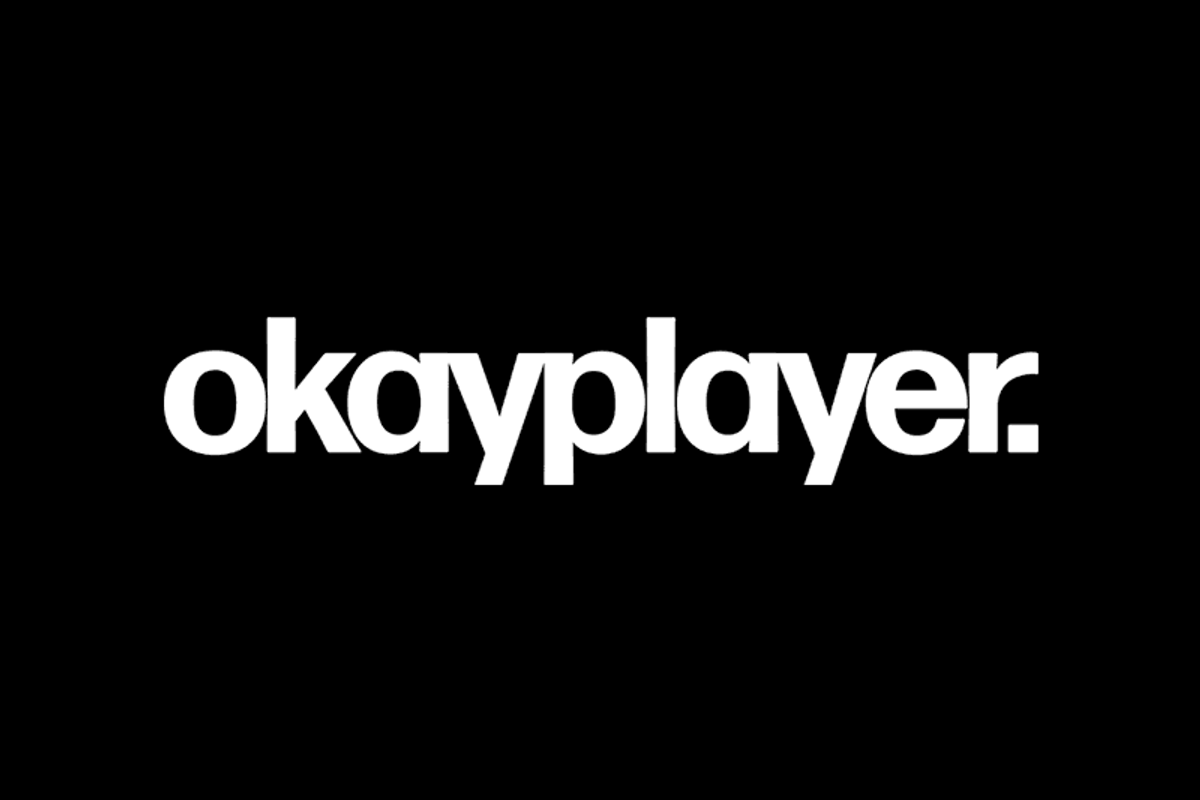
Rachel Dolezal's 'Trans-Black' Declaration Is Straight Out Of An 'Atlanta' Episode


After pretending to be black for more than 10 years, Rachel Dolezal, who would like to be referred to by her sparkling new West African name Nkechi Amare Diallo, is now referring to herself as "trans-black."
During an interview with ITV presenter Lorraine Kelly earlier today, Dolezal explained why she claimed to be black for so long: "Well I really just encountered blackness kind of for the first time just as a response from within myself as black is beautiful, black is inspirational, from a very young child age."
"I know that my identity is still, for many, is somewhat unorthodox or perhaps unique," Dolezal added. "But you know I'm kind of becoming okay with, to a certain extent, a level of support and rejection that's kind of been going on for the last couple of years since my biological heritage and how I was born, was brought to the surface."
What Dolezal is doing, especially now in regards to identifying as "trans-black," is reminiscent of the Atlanta episode "B.A.N." The seventh episode of the series finds Paper Boi on a satirical TV show called Montague, that features a segment called "TRANS-RACIAL," where a black teenager believes that he is actually a 35-year-old white man.
The teenager, who is named Harrison, discusses with the Montague correspondent on when he first knew he was white, saying: "Well, I've always felt different. I go to the store or the movies and just be thinking to myself, why do I not get the respect I deserve? And then, it just hit me: I'm white. And 35."
From there the segment shows Harrison doing what is considered "white activities," such as playing gold, perusing a farmer's market and asking for an IPA at a bar.
Similar to Harrison calling himself white, Dolezal is telling interviewers that she "identifies" as black, and has taken that even further by identifying herself as "trans-black."
Dolezal has already been outed as a white woman, yet she continues to claim that she is black, even going so far as to change her name to that of a West African moniker. And although she continues to profit off her race-faking, at the very least we have this episode of Atlanta that offered a much-needed commentary on how problematic she is.
First, she rips off our blackness, now she rips off Atlanta. That, my friends, is where we draw the line.